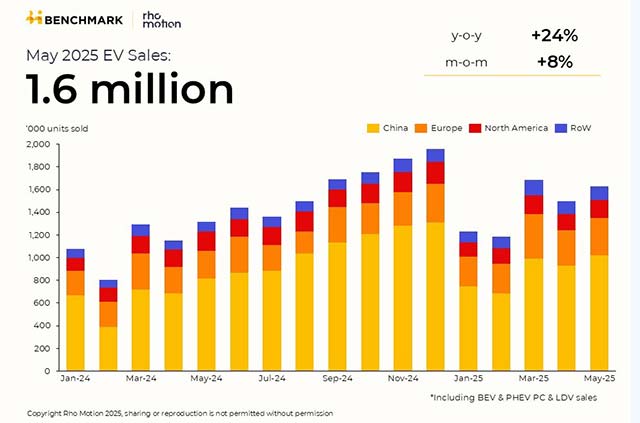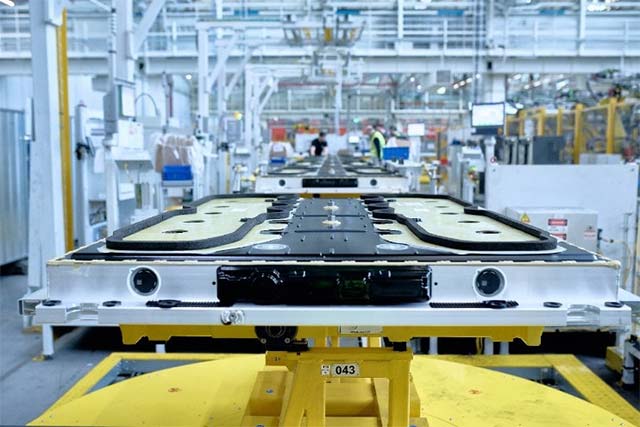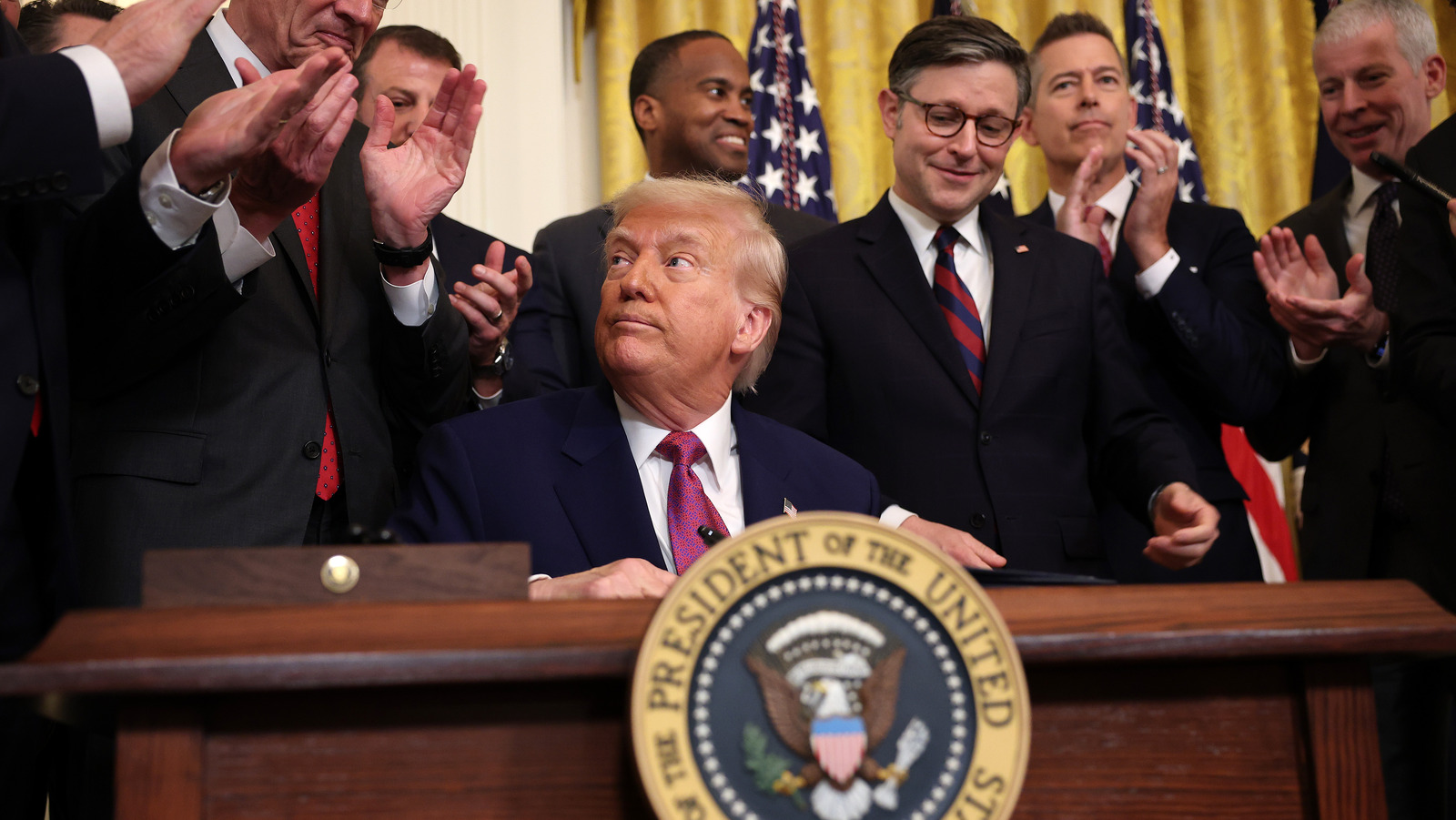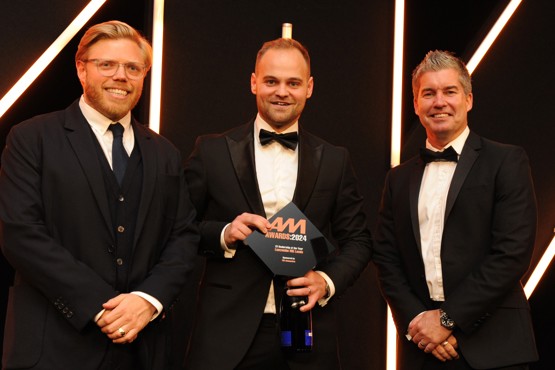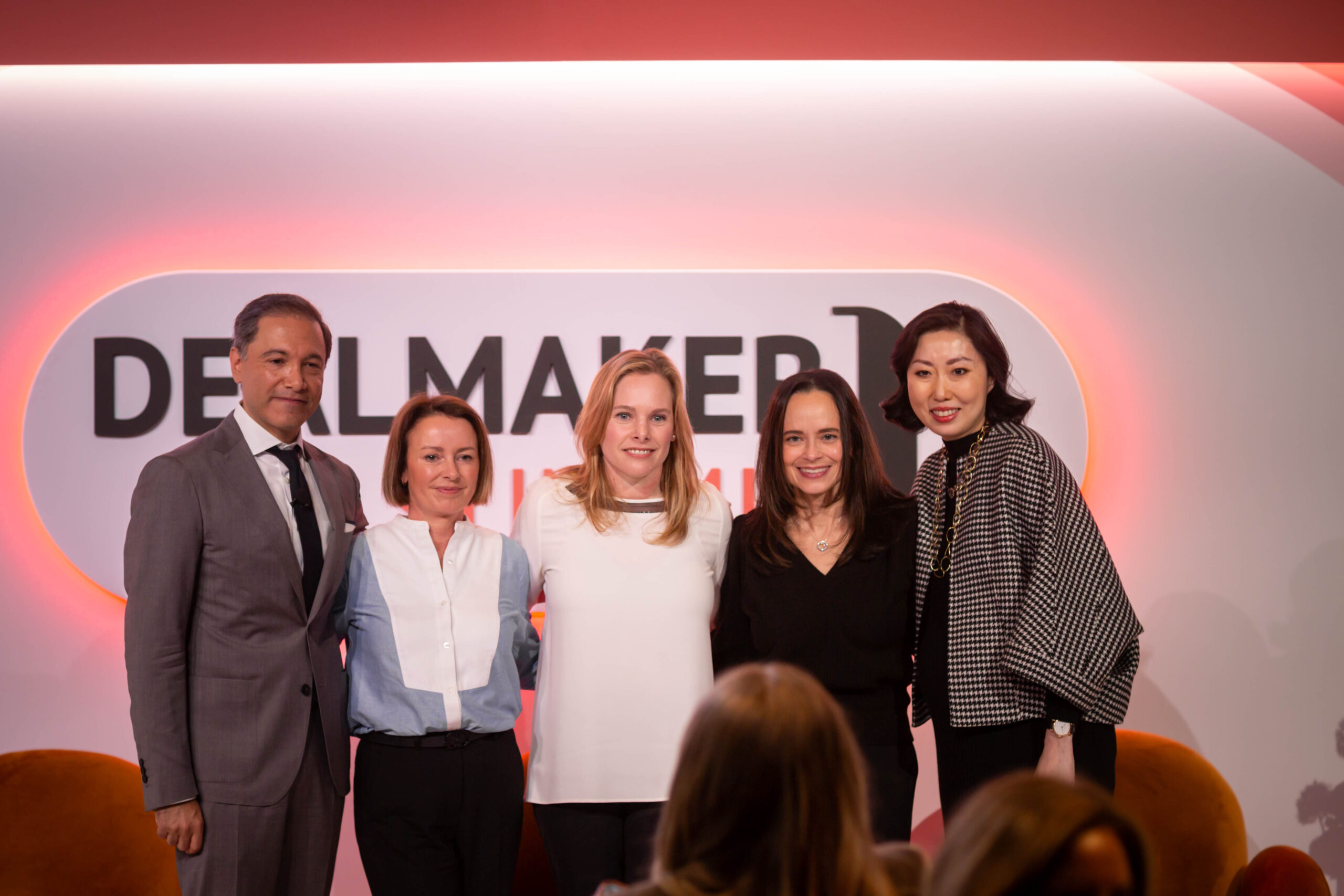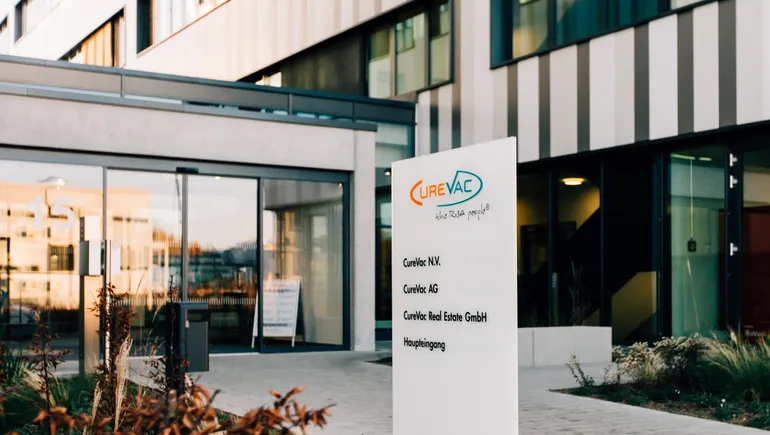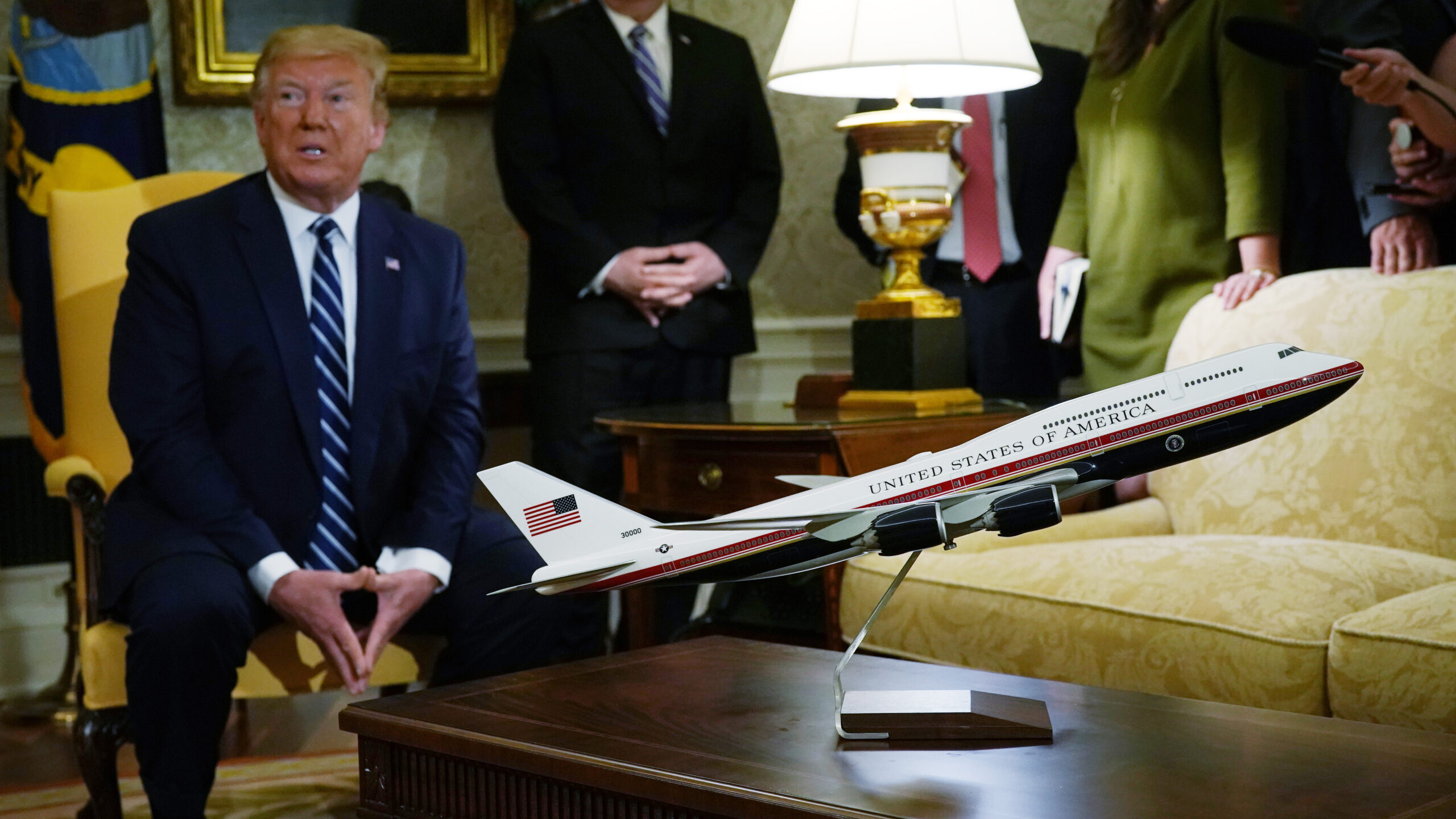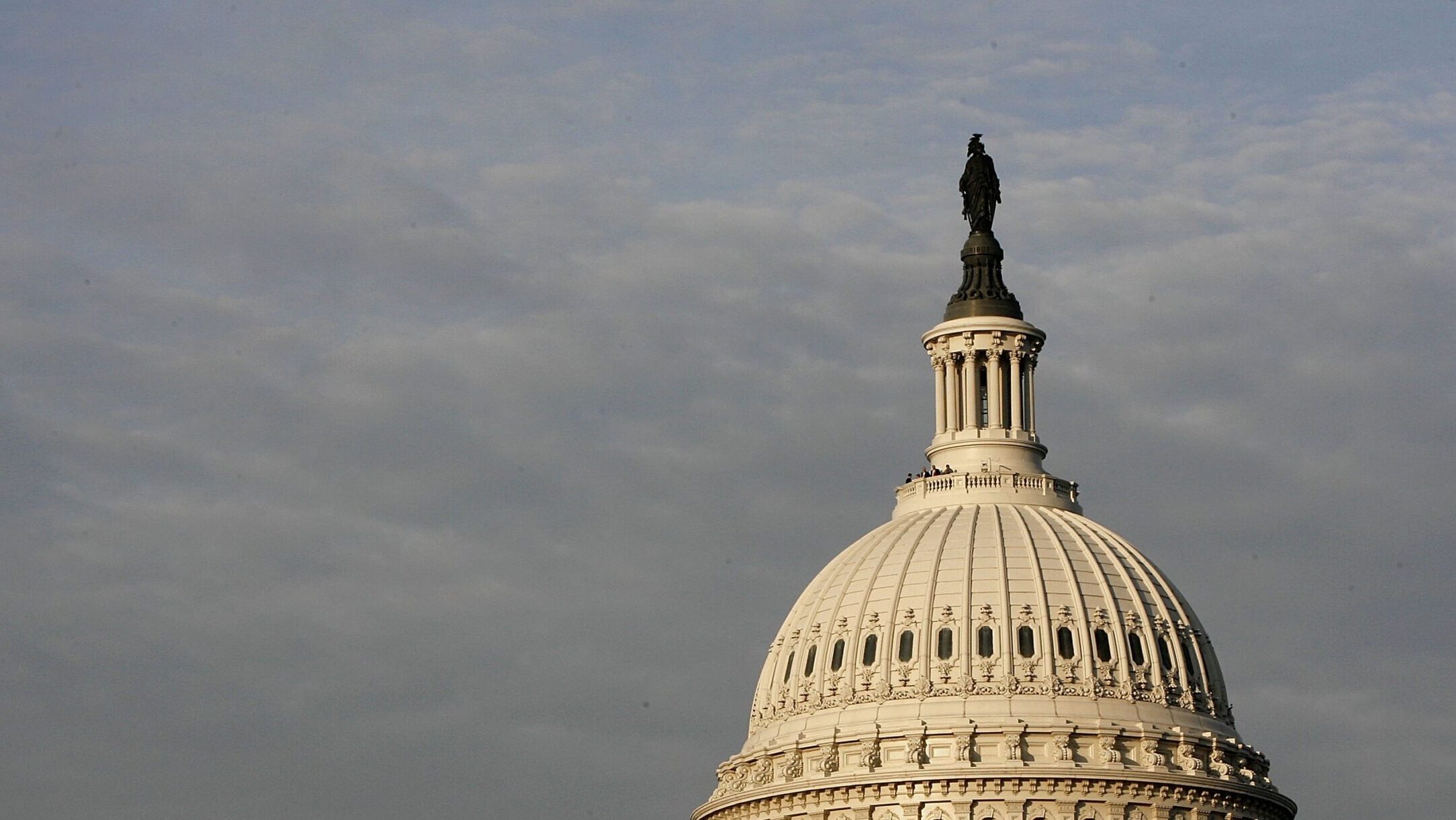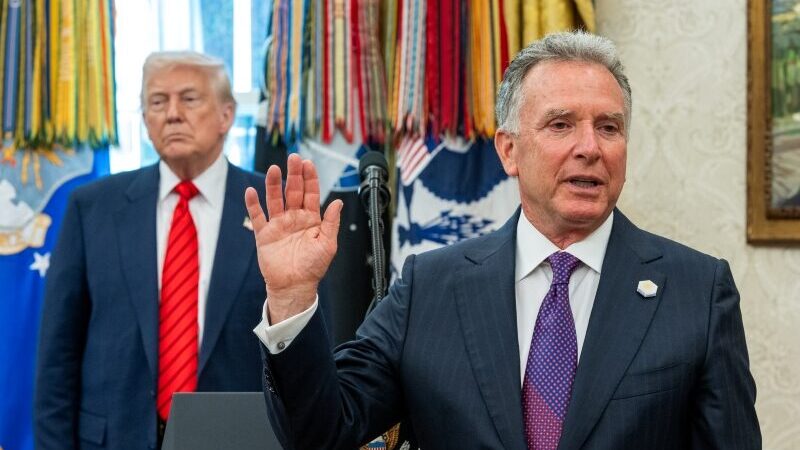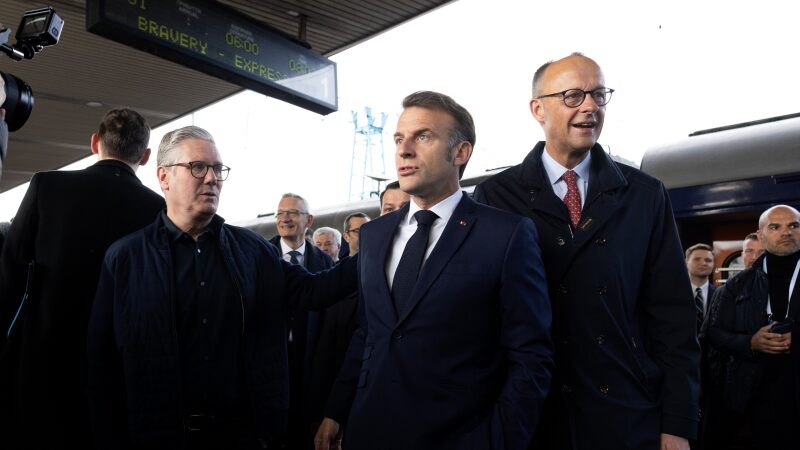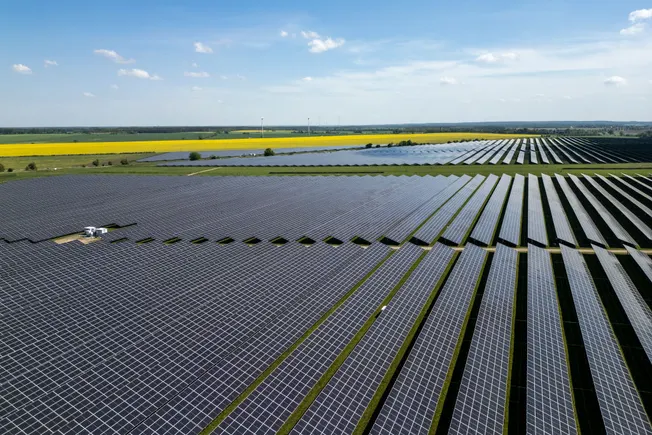STAT+: Pharmalittle: We’re reading about Trump and drug prices, BioNTech buying Curevac, and more
The Trump administration had said it would disclose by Wednesday the target prices for drugs, but pharma companies are still waiting

Rise and shine, another busy day is on the way, although for us, this is due, in part, to a break in our usual routine. We departed the Pharmalot campus for a quick sojourn to the general command, which is located in the biopharma ecosystem in New England. This means we must scrounge about city streets for suitable cups of stimulation. Nothing like a challenge, yes? Wish us luck. Meanwhile, we have assembled the latest laundry list of interesting items for you to peruse. We hope you have a smashing day and conquer the world, such as it is. And of course, do keep in touch. …
The pharmaceutical industry has been bracing for more information from the Trump administration this week about how it planned to lower drug prices, but the information has not yet been disclosed, STAT notes. The administration had declared a self-imposed deadline to disclose by Wednesday the target prices for drugs, which is part of its plan to ensure Americans would pay no more than the lowest price for drugs paid by similarly wealthy nations. Guidance issued last month left many drug companies — which have argued against the policy — eager for more details. Many expected more concrete information by now, even as industry executives have been meeting with administration officials. Without more details, the approach to negotiating with the White House could be further complicated. Among many unanswered questions is which drugs might be included in any negotiations and how the price targets would be determined. An executive order largely relies on convincing pharmaceutical companies to voluntarily lower prices, with the promise of helping them extract more profit in other countries and the threat of federal policies to force prices down if they do not comply.
Roche chief executive officer Thomas Schinecker maintains that President Trump’s executive order seeking to tie U.S. drug prices to those abroad could impact future investment in America, The Wall Street Journal says. The company has planned to invest $50 billion in the U.S. over the next five years, one of several big drugmakers that pledged large investments as the possibility of tariffs on the industry loomed. When asked how the order, signed last month and opposed by the industry, could affect such plans, Schinecker said Roche would only say that the company was in discussion with the government. “These kinds of investments, you can only make if you can afford those investments. If you cut into that significantly, then the whole industry wouldn’t be able to invest these kinds of monies,” he explained, adding that there are other ways Washington can help lower drug costs without “breaking the innovation ecosystem of the U.S.” Roche is also moving production of some medicines made overseas to the U.S., he said.






















